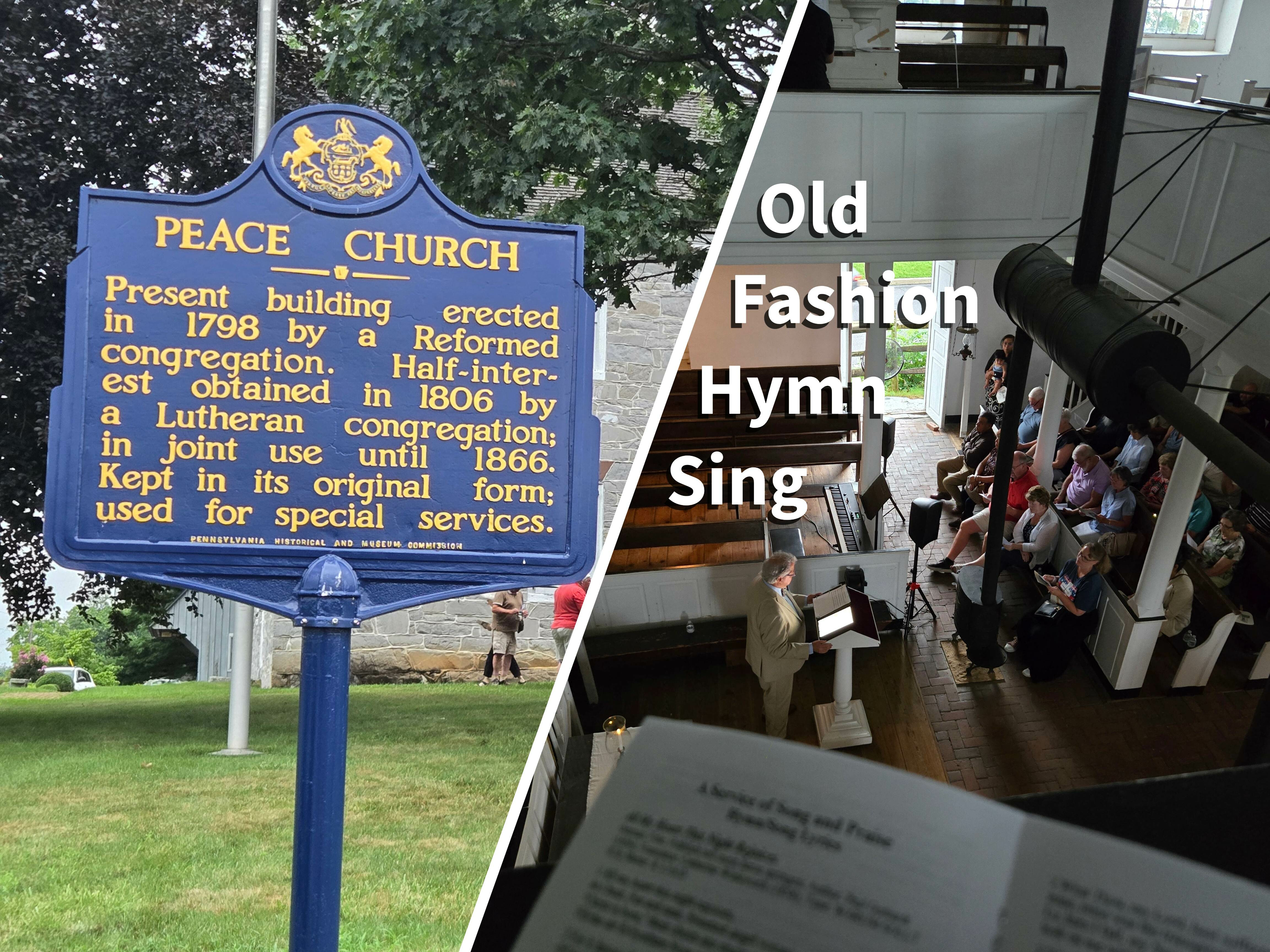
In our discussions on mission, church planting, and evangelism, we often draw from a well of martial language. We speak of "taking ground," of "fighting for the heart of a city," and of engaging in "spiritual warfare." These metaphors are not without biblical precedent and are often used with sincere conviction. However, it is worth asking a critical question: Does this language, in its totality, fully capture the nature of our mission? Or might it, at times, inadvertently limit our strategic imagination?
It is interesting to note that the secular world of business strategy is currently grappling with this very question, as the AI wars between silicon tech giants rages on. Companies are treating the future of technology like a zero sum battlefield, sniping away new hires and fighting for every scrap of investment money. And our churches, either intentionally or not, tend to encapsulate the operational culture of neighboring for-profit organizations. A.k.a., our churches often try to run themselves like a business with all of the cultural practices of businesses. This might be because many of our pastors, elders, and church leaders are, in fact, business leaders as well. On the other hand, the culture of the U.S. is certainly enamored with business, seeing everything as a transactional relationship, and every organization as one that fundamentally needs to grow and take more.
Martial language is often used because it is proactive and simple. Leaders can feel empowered, projecting confidence and strength when they use terminology of war. When the outside world feels full of problems, passive answers feel underwhelming, weak, and insufficient, and the inherently active and movement orientated language of war breeds a motivating and positive outlook on the future. Likewise, situating a clear enemy as the goal simplifies complex problems, helping leaders to easily imagine an achievable goal. Addressing the multitudinous needs of a community feels untimely and hazy, while “fighting the enemy” is immediate and clear.
But new research is finding that war-like rhetoric signals excessive risk and fosters a zero-sum mindset, ultimately proving counterproductive. The most forward-thinking leaders are instead adopting the metaphor of an ecosystem - a complex, interconnected system that must be understood and cultivated, not simply conquered.
This shift provides a valuable opportunity for our own theological reflection. While the New Testament contains martial metaphors like the "armor of God" (Ephesians 6), these are primarily about spiritual self-discipline and defense against temptation. The dominant metaphors used for the Kingdom of God itself are overwhelmingly agricultural and architectural. The Kingdom is a mustard seed that grows into a tree (Matthew 13), a vineyard tended by a patient owner (Matthew 21), and the Church is a body, a family, and a temple built of "living stones" (1 Peter 2). These are images of cultivation, organic growth, and careful construction, not conquest. An over-reliance on battlefield language risks distorting our ecclesiology, leading us to view our communities as territories to be won rather than gardens to be tended.
Consider the role of conflict in the early Church. The Jerusalem Council described in Acts 15 was arguably the most significant moment of "task conflict" in Christian history. The disagreement over the inclusion of the Gentiles was not a minor issue; it was a fundamental question of soteriology and ecclesial identity. Yet the process was not one of political maneuvering to crush an opponent. It was a council of listening, testimony, and theological discernment, guided by the Holy Spirit. The conflict itself was the catalyst that produced a more profound and expansive understanding of the Gospel. It led to clarity and unity, not schism. This serves as our primary model for navigating the inevitable, and often productive, disagreements within our own churches and organizational structures.
This reframing requires a still more fundamental shift: to challenge the very idea that the Church stands in an adversarial relationship with its community. The prevailing secularism, the demanding schedules of family life, the deep search for identity in work or leisure—these are not hostile forces to be defeated in a culture war. They are the authentic, lived realities of the people we are called to know and serve. A model that pits the Church "against" its community’s elements creates a false binary and engages in a battle it cannot, and should not, want to win.
When we insist on martial language we come up against necessary tensions and even contradictions. We try to deftly dodge those tensions with phrases like “hate the sin, love the sinner”, but we need to consider whether our tools of war are really so precise as to make those distinctions clear to the people we are trying to love and lead toward the gospel. Do we wield swords or scalpels? When we talk about conquering for the gospel, we are talking about conquering people, and there is an oxymoronic slant when we suggest we are conquering people with love. We fumble over ourselves when we try so hard to pair martial language with peace language, and we are in danger of causing a kind of missional confusion.
A more strategic and theologically sound approach is one of deep integration where sin is rampant. The goal is not to wage war on the community, but to understand it with practical empathy so that we might love the people well and bring them to Jesus. The goal is to see the cultural landscape not as enemy territory, but as the very soil in which ministry must be incarnated, where the seeds of Jesus must be sown.
This view of the landscape has other benefits. Rather than seeing other churches as competition, the presence of other healthy churches becomes vital. They are not mere allies in a fight, but as diverse partners in the constructive, shared project of seeking the peace and flourishing of the entire community for Jesus. The impetus for our own improvement, then, comes from a desire to more effectively love and serve our neighbors, demonstrating the Gospel's relevance by participating thoughtfully within our culture, not by condemning it from the outside.
Therefore, the role of a ministry leader today is less like a general and more like an architect or a gardener. The work is to cultivate a specific corner of the vineyard with care, to build with theological integrity, and to see our work in relation to the broader ecosystem of the Kingdom in our place and time. Our primary objective is not victory, which is already God’s, but faithfulness to Jesus’s command - the patient, wise, and creative cultivation of the Kingdom God has entrusted to our care.
CGGC eNews—Vol. 19, No. 28




Login To Leave Comment